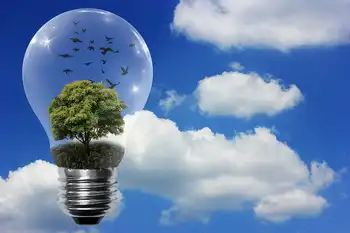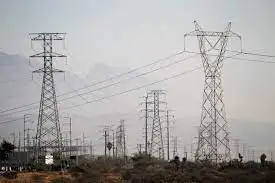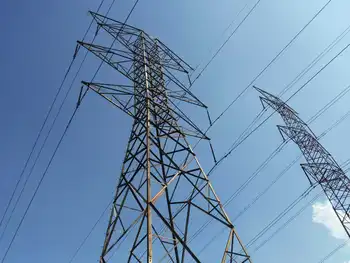Competition at Consumers Energy hits cap
The news prompted criticism from alternate power companies and other critics of a 2008 state energy law that guarantees Consumers Energy and Detroit Edison Co. 90 percent of the market in their regions. The two regulated utilities are Michigan's dominant power providers.
"At a time when many Michigan businesses are on the brink, it is wrong of state government to limit their ability to shop for electricity," Sen. Wayne Kuipers, R-Holland, said in a statement.
Consumers Energy spokesman Jeff Holyfield said the law is working as intended. The Jackson-based company now has the certainty it needs to make long-term investments, he said, because it has a clear idea of how much electricity it must provide.
When the law was passed 10 months ago, just 3 percent of the market was with alternative suppliers. Competitors' share of the load rose to 10 percent because lower demand in the recession — especially from struggling manufacturers — led to lower prices in the wholesale market, Holyfield said.
"Short-term market conditions shouldn't be used as an excuse to tinker with public policy that's designed for the long term to safeguard Michigan's energy future," he said.
Business customers in Detroit Edison's territory do not have to worry about hitting the cap yet. Spokesman Len Singer said 3.5 percent of the load is with alternate suppliers, a slight increase from when the law was approved.
Residential customers in Michigan cannot shop around because power companies compete only for more lucrative business customers.
The Grand Rapids Area Chamber of Commerce, which opposed the law when it was being negotiated, said lawmakers should make changes to the "arbitrary" 10 percent cap so more businesses can buy their power from competitors.
And the Customer Choice Coalition, a group of alternate suppliers and their customers, blamed higher electric bills on the lack of competition — saying the system should not have been "remonopolized" last year. Holyfield responded that rate hikes are due to capital spending such as replacing plant components and meeting environmental standards.
In addition to restricting competition, the 10-month-old law requires more electricity to come from renewable sources, raises residential rates and aims to make homes and businesses more energy-efficient.
Related News

Nuclear plants produce over half of Illinois electricity, almost faced retirement
CHICAGO - Nuclear plants have produced over half of Illinois electricity generation since 2010, but the states two largest plants would have been retired if the state had not created a zero emission credit (ZEC) mechanism to support the facilities.
The two plants, Quad Cities and Clinton, collectively delivered more than 12 percent of the states electricity generation over the past several years. In May 2016, however, Exelon, the owner of the plants, announced that they had together lost over $800 million dollars over the previous six years and revealed plans to retire them in 2017 and 2018.
In December 2016, Illinois passed the Future Energy Jobs Bill, which established a…




